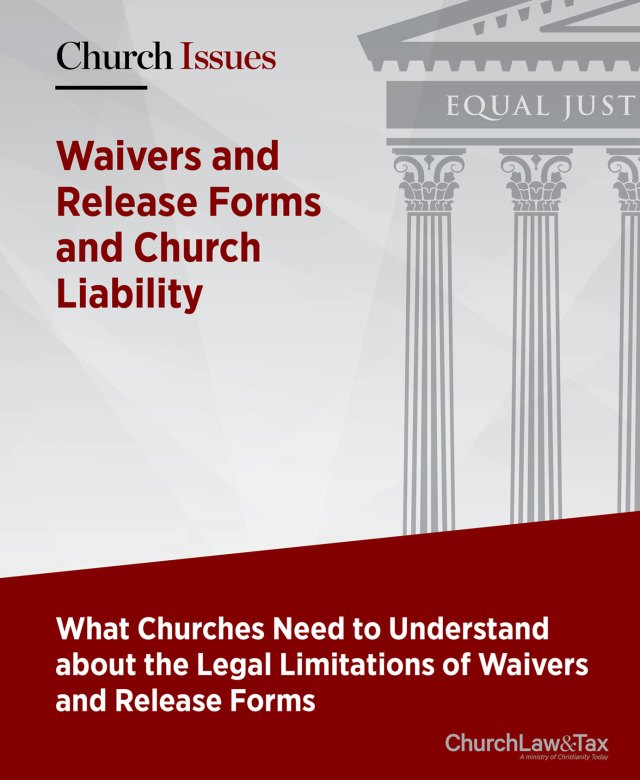I disagree. A signature that is authenticated by a notary raises a virtually irrebuttable presumption that the signature is valid. It is simply not true that a notarized signature is of no value.
Churches should not allow a minor child to participate in any church activity (such as camping, boating, swimming, hiking, overnight trips, or some sporting events) unless the child’s parents or legal guardians sign a form that:
- consents to their child participating in the specified activity;
- certifies that the child is able to participate in the event (e.g., if the activity involves boating or swimming, the parents or guardians should certify that the child is able to swim);
- lists any allergies or medical conditions that may be relevant to a physician in the event of a medical emergency;
- lists any activities that the parents or guardians do not want the child to engage in; and
- authorizes a designated individual to make emergency medical decisions for their child in the event that they cannot be reached.
Ideally, the form should be signed by both parents or guardians (if there are two), and the signatures should be notarized. If only one parent or guardian signs, or the signatures are not notarized, the legal effectiveness of the form is diminished. Having persons sign as witnesses to a parent’s or guardian’s signature is not as good as a notary’s acknowledgment, but it is better than a signature without a witness and is much more convenient.
It is a good idea to check with a few local youth organizations (such as the YMCA) and public schools to see if they require notarized signatures, and if not, what method of authenticating signatures they use. By aligning your practice to that of these other charities, you are helping to establish the exercise of reasonable care.
The form should require the parent or guardian to inform the church immediately of any change in the information presented, and it should state that it is valid until revoked by the person who signed it. The parent or guardian should sign both in his or her own capacity as parent or guardian, and in a representative capacity on behalf of the minor child. We recommend that you have an attorney prepare your form, or review one you are already using.
